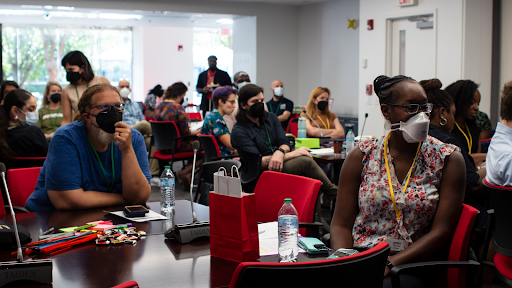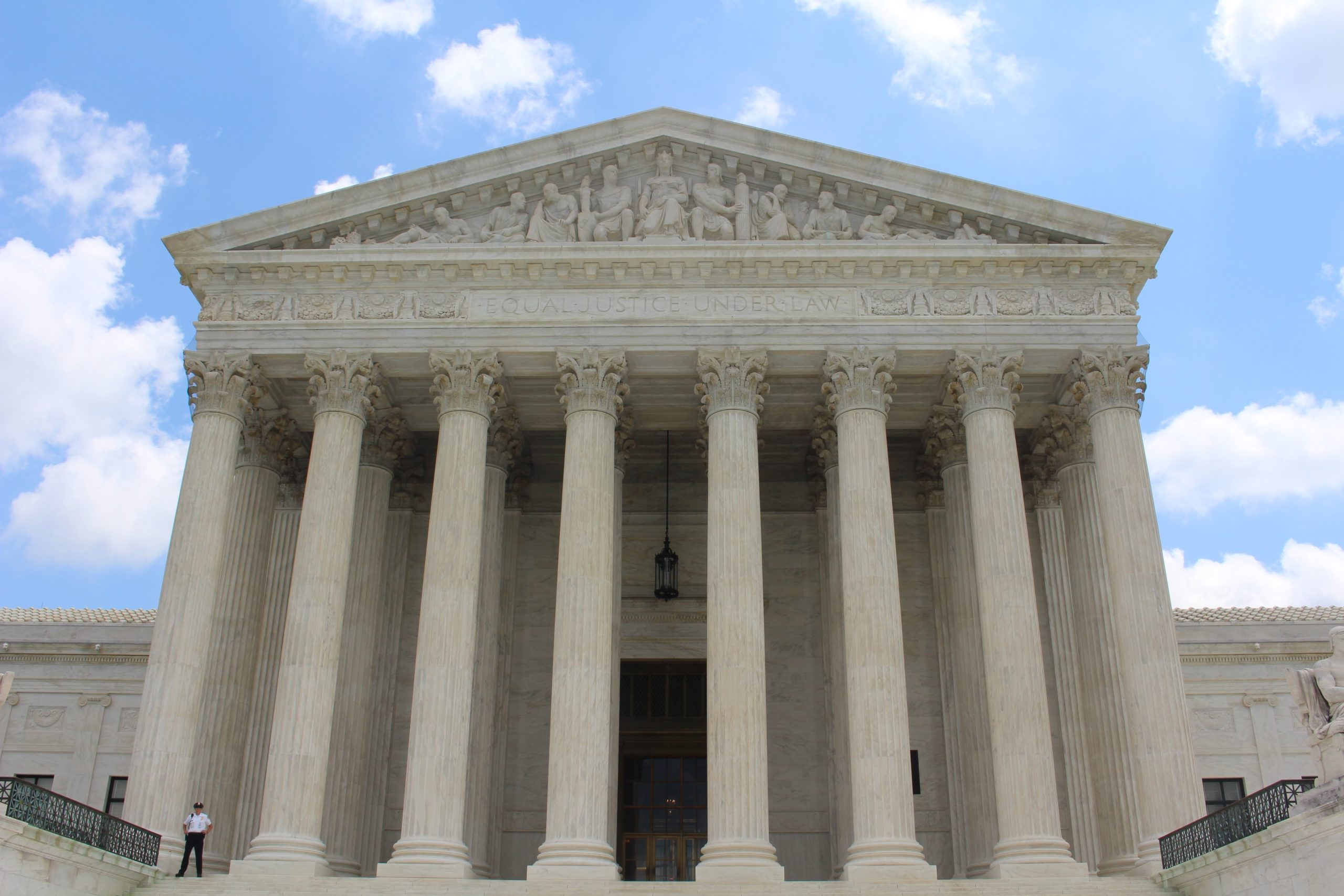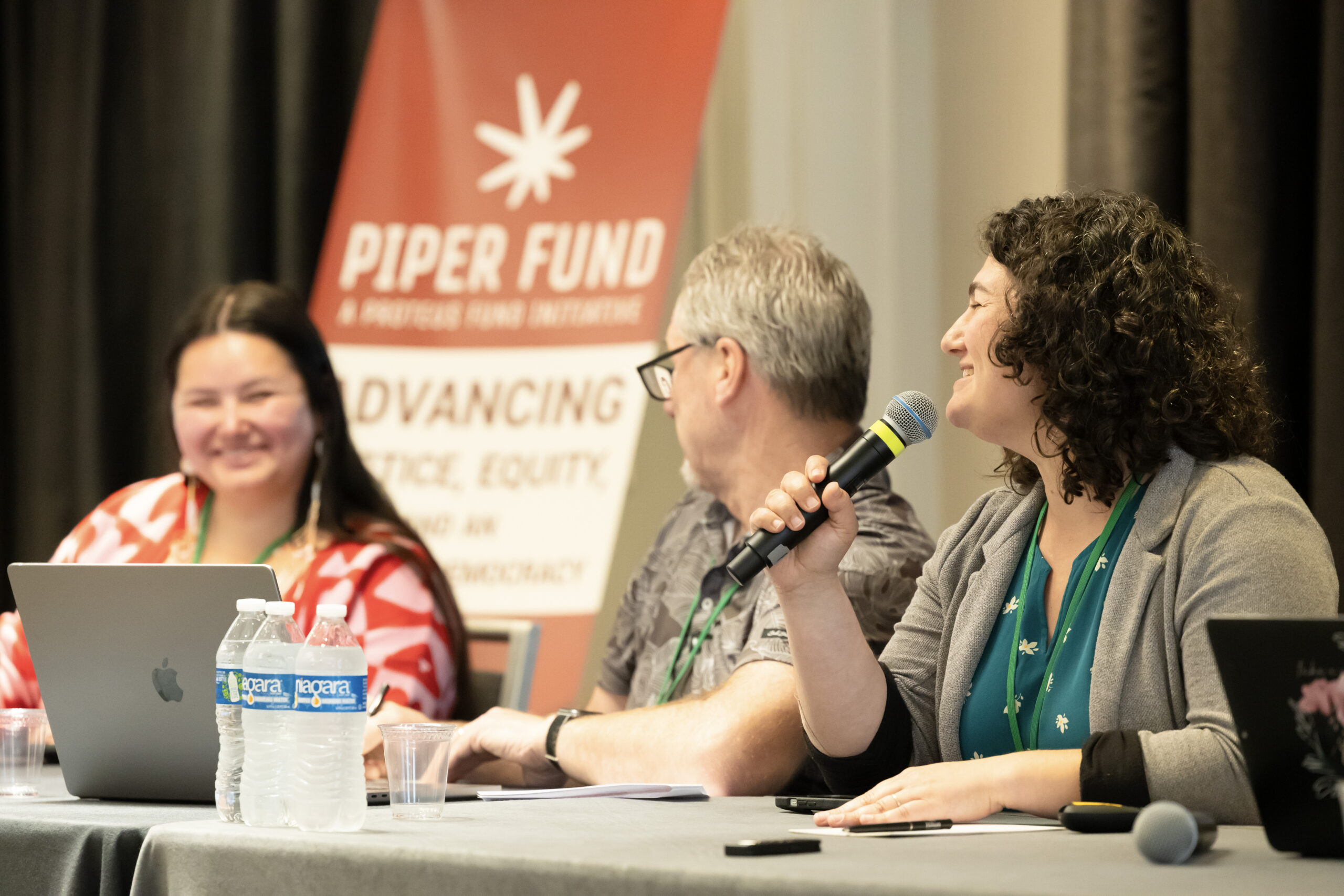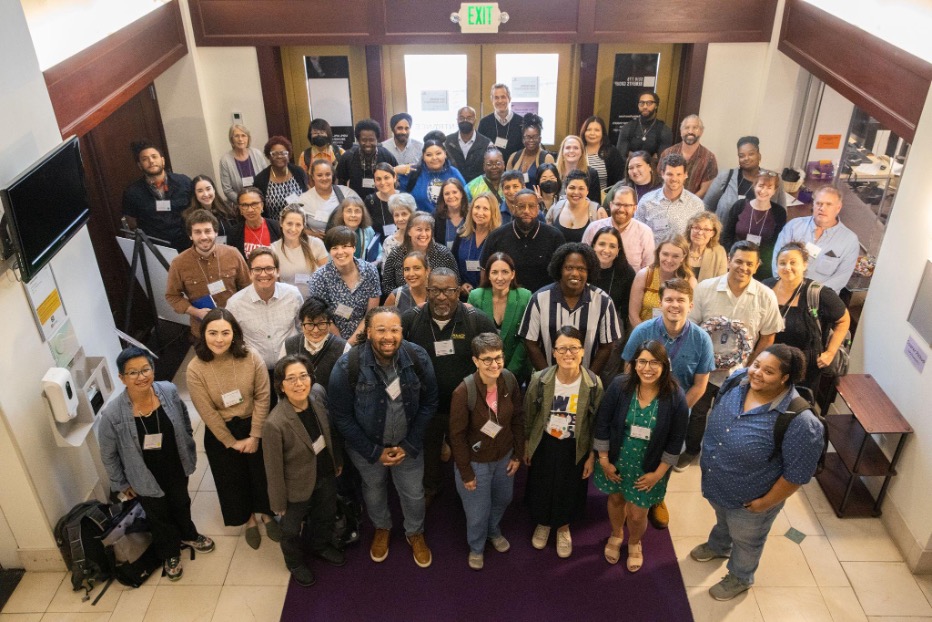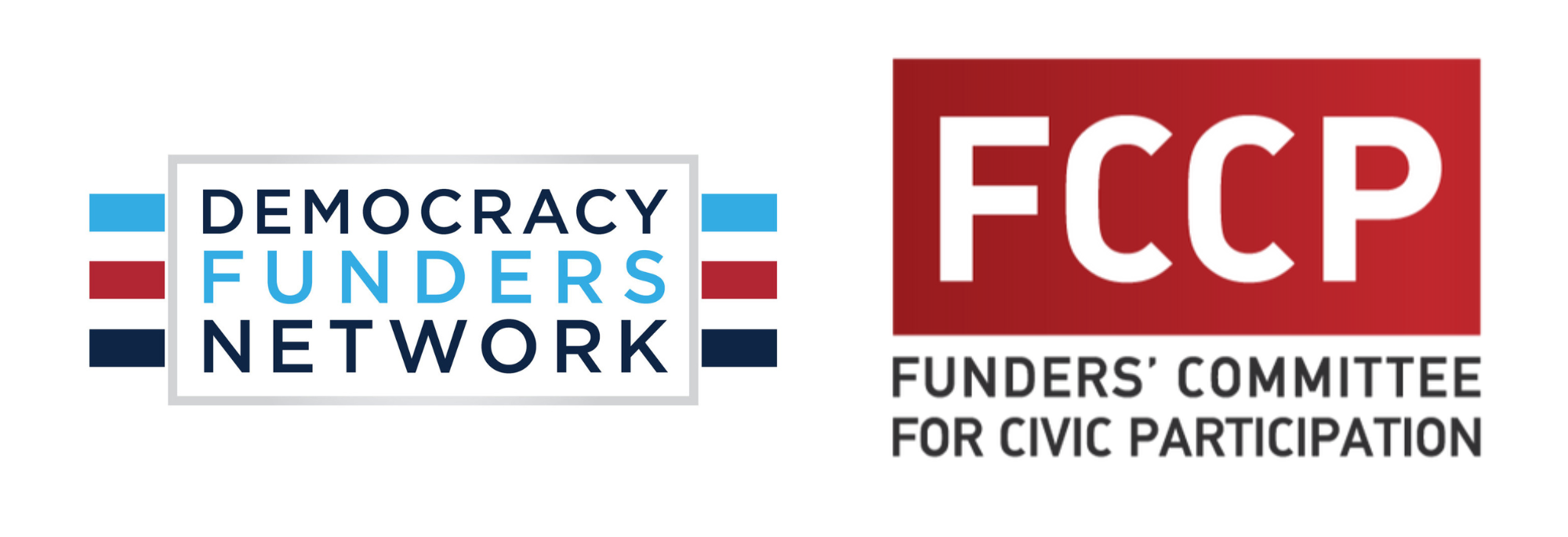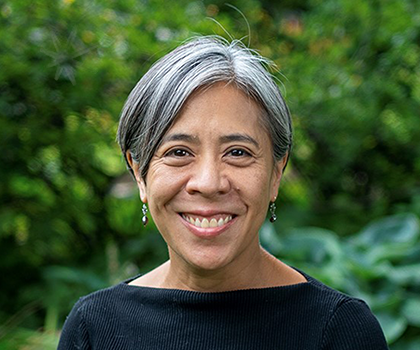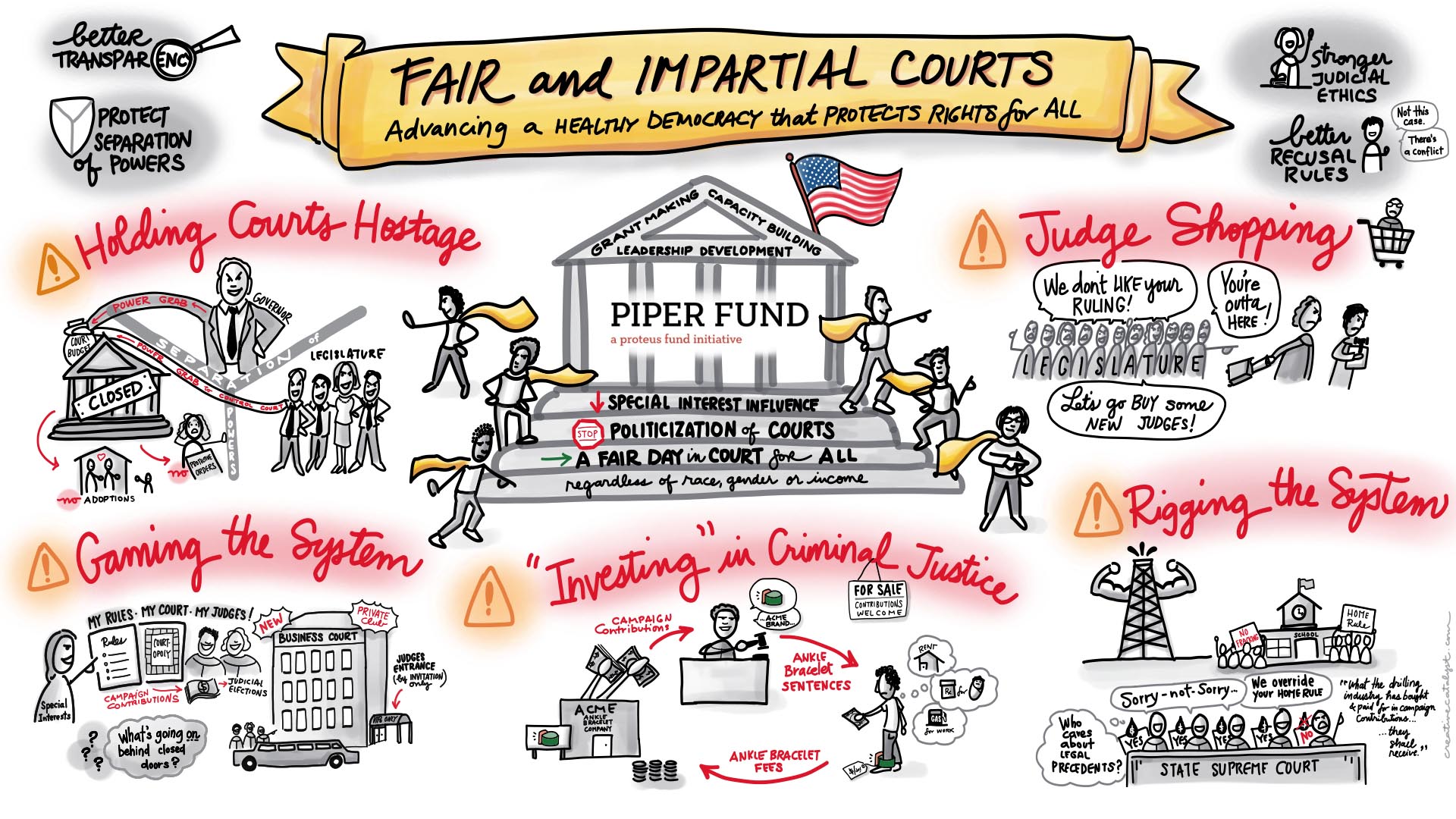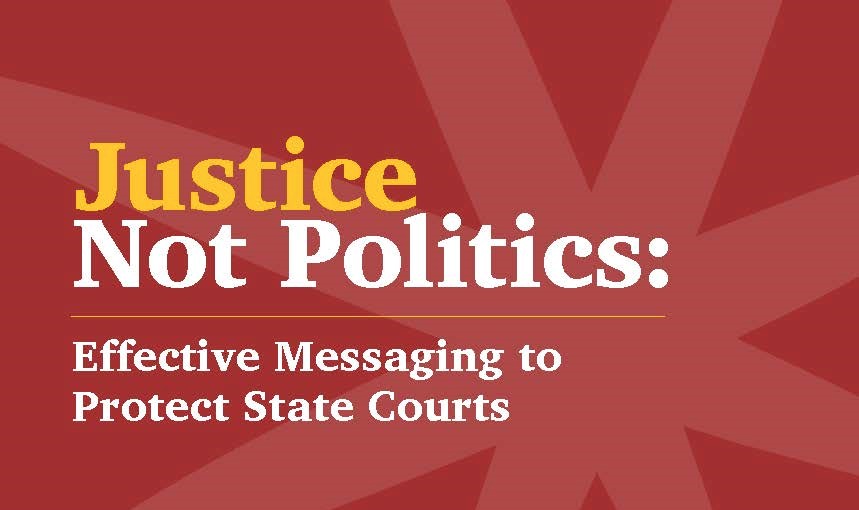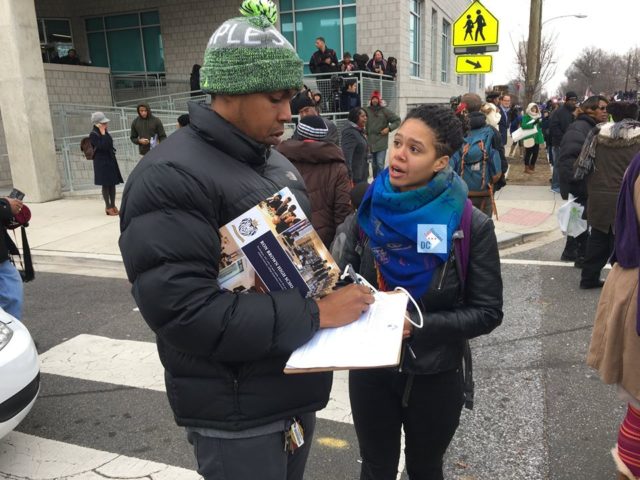
In recent months, the US has experienced an unprecedented rise in threats to our democracy. Political candidates around the country continue to raise record-breaking amounts of money from wealthy interests. In return, big money donors have been granted extraordinary access to positions of power in government. This has resulted in political leaders and policies that place corporate interests above the public good.
Nationally, money is so entrenched in the democratic process that comprehensive reform at the federal level simply is not viable at this time. It should come as no surprise, then, that reform advocates are increasingly looking to local and state government as key battlegrounds for this fight. Over the past year, we witnessed a wave of locally-driven reforms that will increase representation in government and mitigate the influence of money in politics. In November, voters approved public financing for municipal elections in Berkeley, CA, and Howard County, MD, ethics reform in San Francisco and Rhode Island, and limits on campaign spending in Missouri and Multnomah County, OR. Portland, OR, also passed campaign finance reform legislatively, and California lifted its statewide ban on public financing.
Several of these efforts are part of a burgeoning movement of local and statewide coalitions that not only seek to advance money in politics reforms, but strive to do so in an intersectional way that centers these efforts on the needs and priorities of the New American Majority.
While the current national climate is one of great challenges to fundamental rights, it is also a moment of greater civic engagement. Given the wave of people across the country demanding a stronger voice in government, beginning with the record-breaking numbers turning out for the Women’s March, there is arguably greater potential than ever to engage the New American Majority to lead local efforts to advance reform.
Building local, inclusive coalitions
Too often, reform efforts are driven by organizations that focus on turning out the most likely voters, which tend to be older, white, middle-to-upper class citizens. This strategy misses immense opportunities to organize a broader base of support that can build long-term momentum for reform, and ensure that efforts are led by the people most impacted by the issue of money in politics. The Piper Fund believes that now, more than ever, national reform advocates and funders must use their positions to prioritize support for local, inclusive coalition-building.
When coalitions are locally-based, they are better able to connect civic engagement with building community power, as residents are able to have a greater influence on the policies that are enacted by their local government. When coalitions are inclusive, they are positioned to engage so-called “unlikely voters” who have historically been marginalized by the democratic process. By centering local and state-level advocacy efforts on the needs and priorities of underrepresented communities, coalitions are able to expand the electorate and increase civic participation over the long-term. In short, communities are more “bought in,” which makes them more committed to actively supporting the ongoing implementation and defense of policy victories.
Opportunities in 2017 and beyond
This year, coalitions across the country, including strong efforts in Oregon, New Mexico, Missouri, Maryland, Florida, and the District of Columbia, are pursuing reforms to limit the influence of money in politics and put more power in the hands of underrepresented communities. Existing public financing programs in California, Arizona, New York, Connecticut, Maine, and Seattle are also being defended. These Piper-supported coalitions are actively engaging the New American Majority in leadership and strategy-setting as they seek to break down barriers to civic participation.
The following are two examples of Piper grantees who are currently building diverse coalitions using an intersectional lens:
These two projects are emblematic of what we continue to see emerging across the country, and show a path forward for building a democracy in which everyone has a voice. In this current moment, we believe that the rise in civic engagement among the New American Majority affirms the pathway Piper set out upon two years ago. Given the recent attacks on our democracy and the further entrenchment of money in politics, we have no choice but to invest in a more inclusive vision for reform. Moving forward, Piper Fund, along with Piper Action Fund, its (c)(4) affilitate, will continue to lead with our values by ensuring that we support the leadership and engagement of communities that are the least represented in our democratic process.
